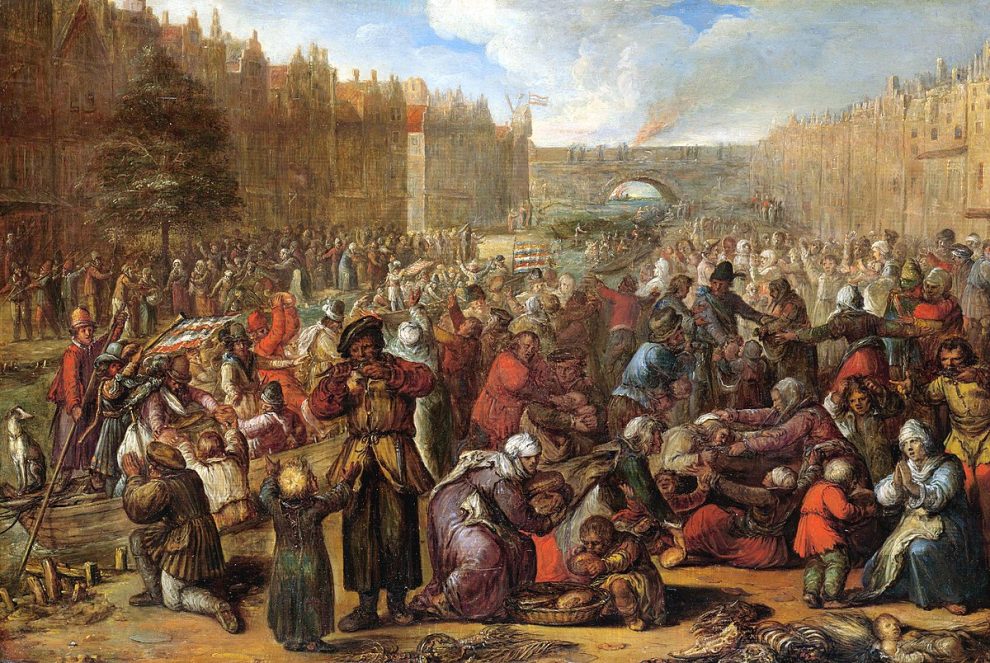Introduction: The Dutch-Spanish War, spanning from 1568 to 1648, was a complex and impactful confrontation between two formidable powers, the Dutch Republic and the Spanish Empire. Rooted in religious, economic, and political tensions, this conflict left an indelible mark on Europe and beyond.
Causes and Context: The war’s origins can be traced back to the broader religious and political dynamics of the time. The Dutch Republic, a Protestant stronghold, sought independence from the Catholic rule of the Spanish Empire, which was under the Habsburg monarchy. This religious divide, coupled with economic interests and territorial ambitions, laid the groundwork for a prolonged conflict.
Key Events: The war was characterized by a series of key events that shaped its trajectory. The Eighty Years’ War, a crucial phase of the conflict, saw the Dutch Republic assert its autonomy and challenge Spanish dominance. Naval battles, sieges, and diplomatic maneuvering defined this period. The iconic Siege of Leiden and the formation of the Union of Utrecht marked pivotal moments in the war’s progression.
Global Impact: The Dutch-Spanish War had far-reaching consequences beyond Europe. It contributed to the decline of the Spanish Empire as a dominant global power and facilitated the rise of the Dutch Republic as a maritime and economic force. The Peace of Westphalia in 1648 formally recognized the Dutch Republic’s independence and reshaped the geopolitical landscape of Europe.
Legacy and Lessons: The war’s legacy is intertwined with themes of religious freedom, self-determination, and the balance of power. It showcased the resilience of a smaller nation against a larger empire and demonstrated the significance of diplomacy in resolving conflicts. The Dutch-Spanish War serves as a reminder of the enduring impact of historical events on modern geopolitics.
Conclusion: In conclusion, the Dutch-Spanish War stands as a testament to the intricate interplay of religion, politics, and power in shaping history. Its lasting effects on Europe and the world highlight the significance of understanding historical conflicts to comprehend contemporary global dynamics. The war’s lessons continue to resonate in the modern age, emphasizing the importance of diplomacy and cooperation in preventing and resolving conflicts.



















Add Comment